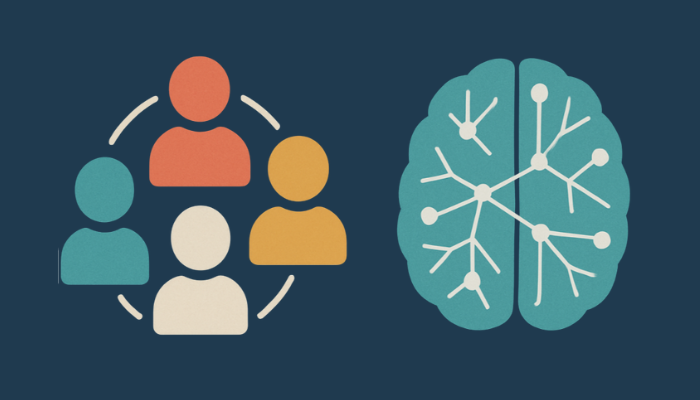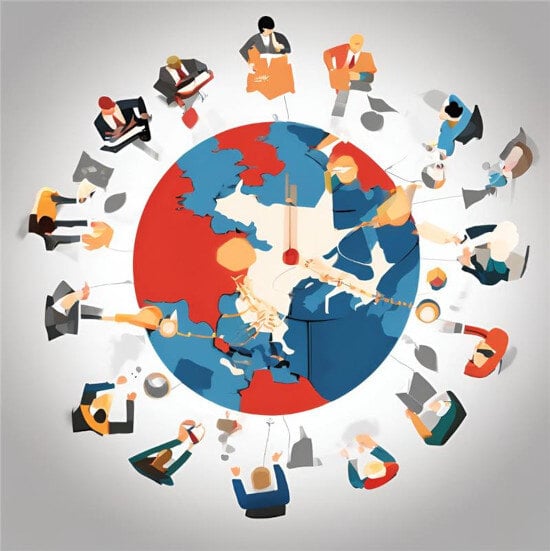
Exploring Culture, Inclusion, and Neuroscience Part 2
10 Keys to More Inclusive and Effective Cross-Cultural Programs If you’ve ever struggled to align global teams or ...

Table of Contents
Cultural intelligence has emerged as a vital skill for individuals and organizations. Simply put, it is the ability to function effectively across cultures – and it profoundly impacts the ability to lead, relate, and serve in an increasingly multicultural world. Someone who is culturally intelligent is not just aware of diversity; they can relate (and adapt) to people of different races, cultures, religions, etc. In today’s global workforce, being an effective team player and a good leader is crucial to bottom-line business success.
Why does cultural intelligence matter? It can help you avoid misunderstandings and communication breakdowns with colleagues from other cultures. It can also help you build stronger relationships with people from different cultures and foster a more collaborative and productive work environment.
According to a report from the Economist Intelligence Unit, nearly half of executives at global companies believe language barriers have spoiled cross-border deals and caused financial losses for companies. The same report found that 36% of executives reported that a communication breakdown resulted in $10,000 to $99,000 in lost sales.
With global collaboration becoming progressively instrumental for business success, cultural intelligence is now more critical than ever in our daily lives. Gaining cultural intelligence adds a competitive edge to your business by improving communication, cooperation, teamwork, and overall performance.
Speak to an Expert About Language or Culture Training
Working across cultures can be challenging, but there are ways to increase your cultural intelligence. Understanding and respecting cultural differences can build trust and communication with people from other cultures.
Here are a few ways to enhance your cultural intelligence:
Actively seek out diverse experiences (such as the cultural experiences offered by Global LT) and have conversations with people with different beliefs than yours.
Take the time to learn about different cultures and their customs. Read a book or watch a movie from a different country and widen your worldview.
Think about your own cultural biases and assumptions and how they narrow your vision. How does your cultural background influence your worldview?
The best way to learn is by immersion. Go out into the world and experience different cultures and perspectives. If you can’t travel internationally, be intentional about joining cultural experiences that celebrate and teach about diversity respectfully and educationally.
When you learn a new language, you discover multiple ways of expressing the same idea. Speaking another language helps you understand other cultures and ways of thinking.
It’s one thing to teach people how to be sensitive to other cultures – it’s another thing to integrate people from different cultures into the same workplace. Diversify your hiring practices, and you’ll be headed in the right direction.
Cultural intelligence is an invaluable skill in today’s interconnected world. By nurturing cultural intelligence, you and your organization can create inclusive environments, foster effective communication, and leverage global opportunities.
Let us know if you’re ready to see how Global LT can help you and your organization foster cultural intelligence. We’d be happy to help.
This blog post was written by Megan Tully, Marketing Manager.

10 Keys to More Inclusive and Effective Cross-Cultural Programs If you’ve ever struggled to align global teams or ...

This October, we celebrate the birthday and legacy of our founder, Hortensia Albertini. Her vision shaped Global LT ...

A Cross-Cultural Case Study A successful executive from a French IT software company moved to the U.S. to expand the ...
Please fill out the form below for more information or to schedule a consultation.